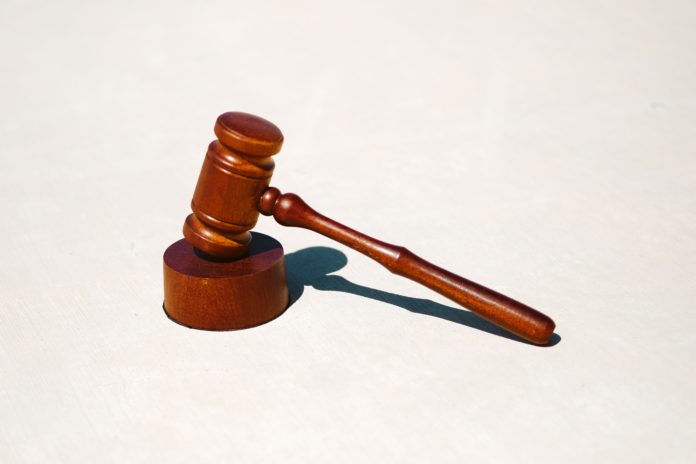On Monday, October 3, the Southeastern Legal Foundation (SLF) issued letters to 12 universities regarding violations of faculty and students’ freedom of speech on campus. Clemson University figures among these 12 universities because of its “unconstitutional” bias reporting system. Anonymous bias reporting is a means for students and faculty to bring any harassment, including “offensive speech,” to the administration’s attention.
The Clemson Student Handbook is found under the university’s Office of Community and Ethical Standards (OCES). The OCES student handbook states that speech “that unreasonably interferes with [a] person’s work or educational performance or creates an intimidating or hostile work or educational environment […] will not be tolerated.” This includes “[E]pithets, slurs, jokes or other verbal, graphic or physical conduct.” Consequences for violations include expulsion from the university.
According to SLF, the bias reporting policy is “unconstitutionally vague and overbroad.” No clear measure for what is or is not offensive is defined. Thus, it is entirely up to administrators’ discretion to determine which jokes, slurs, or conduct are deemed harassment. However, it is illegal for U.S. government institutions to perform content-based censorship. As a public university, this applies to Clemson. Speech being “offensive” is not a valid justification for regulating individual expression. SLF is therefore asking Clemson University to reword its policies to clarify as such.
Moreover, Clemson University’s bias reporting system defies the principle of “innocent before proven guilty.” Under the current policy, the person who reports a violation is not required to prove their accusations in any regard. There is no accountability because the system is anonymous. Instead, the defendant must bring a “preponderance of evidence” to show that they didn’t break policy. Clemson’s bias reporting webpage asserts that “it is more likely than not that you have violated a university policy.” Odds are stacked against the accused from the start. This process is clearly backwards.
The accused student is expected to demonstrate that they have “learned something from the incident” and show full cooperation to make “the whole process easier,” even before a hearing takes place. Repenting for their alleged actions before they even get the chance to tell their side of the story will mitigate any punishment they incur. SLF maintains that it is unconstitutional and unethical for Clemson to use threats to change students’ minds or silence them. According to Clemson University’s own policies, “intimidating” or “hostile” speech will “not be tolerated.” Yet, the university reserves itself the right to threaten students with discipline, including expulsion, for expressing an opinion that someone else did not like. This active suppression of views based on personal and subjective criteria is blatant hypocrisy.
To quote Thomas Green Clemson, a university is meant to be “a high seminary of learning.” Clemson’s bias reporting policy undermines this purpose. Instead of fostering a diversity of ideas and exchanges, students may only express opinions that have been preapproved by someone else. *








